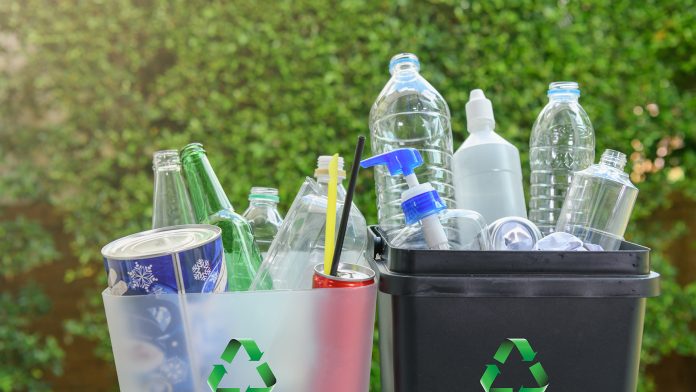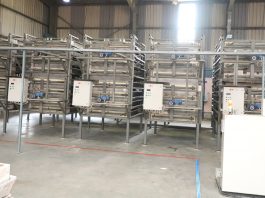Researchers from the University of Florida have made a breakthrough with the potential to transform plastic recycling.
The team’s new approach to working with polymers has led them to develop an innovative plastic recycling method. The new method promises to lower the energy requirement without sacrificing the quality of the plastic.
The study, ‘Bulk depolymerisation of poly(methyl methacrylate) via chain-end initiation for catalyst-free reversion to monomer,’ is published in the journal Chem.
Only 10% of plastic currently gets recycled
Countries around the world are facing a huge plastic problem. Despite plastic usage rapidly rising, however, only around 10% of our plastic currently ends up getting recycled.
“Our work is a response to the call to action proposed by the United Nations’ Sustainable Development Goals,” said Brent Sumerlin, leader of the research and the George B Butler Professor in the University of Florida Department of Chemistry.
“New recycling strategies have become imperative to reduce the negative impact of plastic on the environment.”
What does the typical plastic recycling process involve?
The plastic recycling process involves three stages: collection, sorting, and reprocessing.
Collection of consumer waste relies on individuals placing recyclables into the right bins. Once this is picked up by the collectors, sorting takes place at recycling plants where workers organise the collected plastics. Here, similar plastics are grouped together for reprocessing.
In the final stage of the plastic recycling process, the plastics are typically broken down into smaller pieces before being moulded to create new products.
However, this approach often produces lower-quality recycled plastic. This is because the polymer molecules that comprise these plastics are broken down into shorter segments.
The team developed a new approach based on chemical recycling
Instead of typical thermal reprocessing, the team explored chemical recycling. This strategy induces depolymerisation of the polymers so that they revert completely back to the much smaller monomer molecules from which they were originally made.
Then, the resulting monomer can be used to prepare new polymers with similar or better properties than the plastics from which they were derived.
Although this approach has been proven to be industrially feasible, the team developed a new method that lowers the energy required to achieve depolymerisation.
“Not only does this allow recycling of plastics with less energy, but it also enables access to plastics of even better quality,” said Sumerlin.
Unlocking the full potential of polymers
In recent years, polymer research at the University of Florida has received significant attention and funding. These groundbreaking developments may be the first steps towards unlocking the full potential of polymers.
For now, the new plastic recycling breakthrough has the potential to facilitate a greener future.





